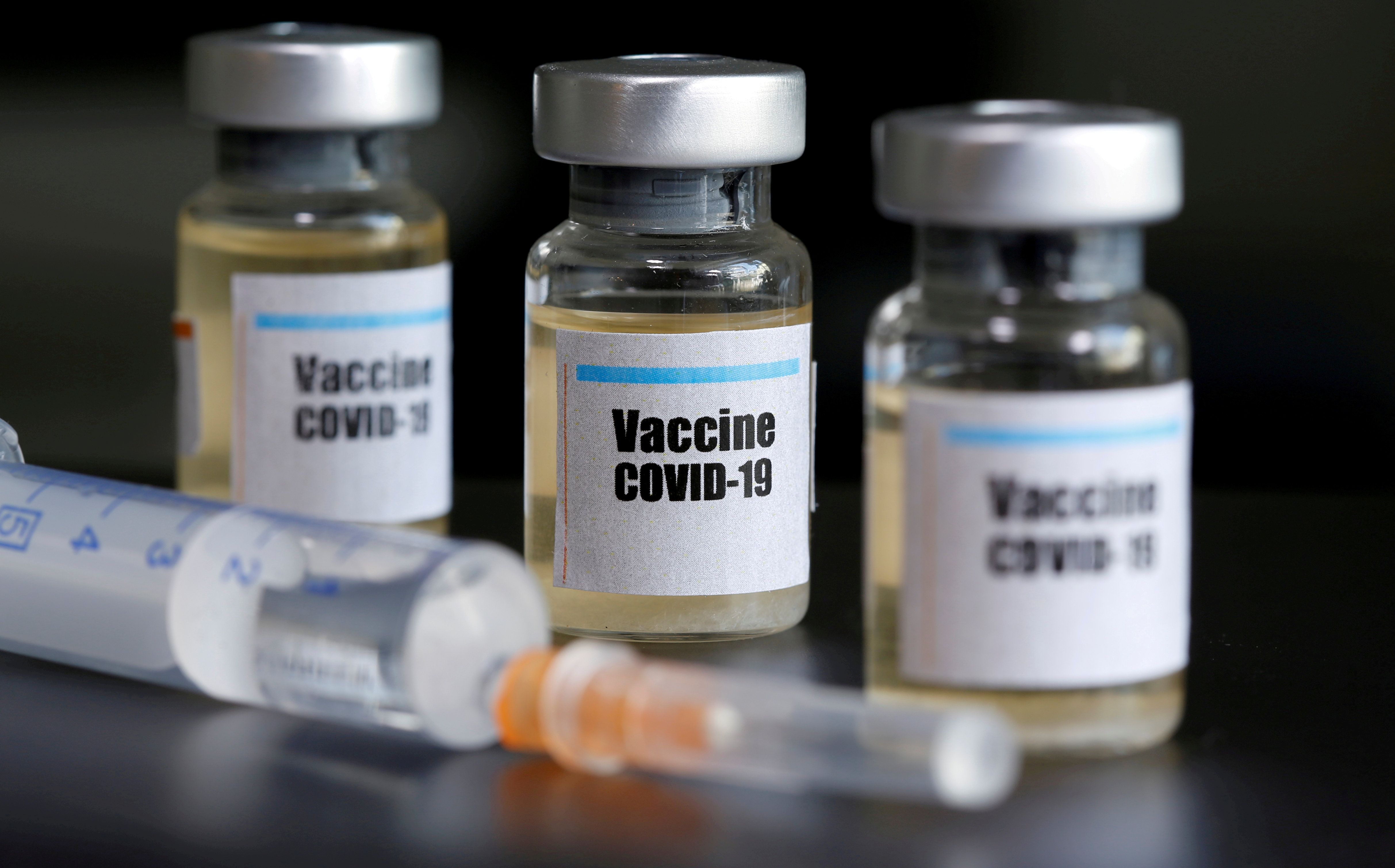Hard Numbers: US brings pharma home, sports fans root for vaccine, militants attack in Pakistan
354 million: The Trump administration has signed a $354 million contract with a new biomedical company in the US state of Virginia to make pharmaceutical ingredients that are currently manufactured overseas. The administration has hailed the deal as part of a move to bring more of the pharmaceutical supply chain back to the United States.
54: Sports fans may be starved for action, with most major leagues on hold because of coronavirus, but 54 percent of respondents in a recent poll conducted in the UK, US, Australia, and South Africa said resumption of live events should wait until a vaccine is available. Asked separately whether events should go on before then without fans in attendance, 37 percent said yes.
7: Militants in Pakistan's restive southwestern Balochistan province killed seven government soldiers in two separate attacks on Tuesday. No one has claimed responsibility, but Balochistan, rich in minerals and a focus of China's Belt and Road Initiative, has a long history of ethnic separatist insurgency.
28 million: As the world's health systems divert most of their attention to coronavirus, as many as 28 million elective surgeries could end up postponed, according to a new University of Birmingham study. While most are for benign conditions, more than 2 million are for cancer.
